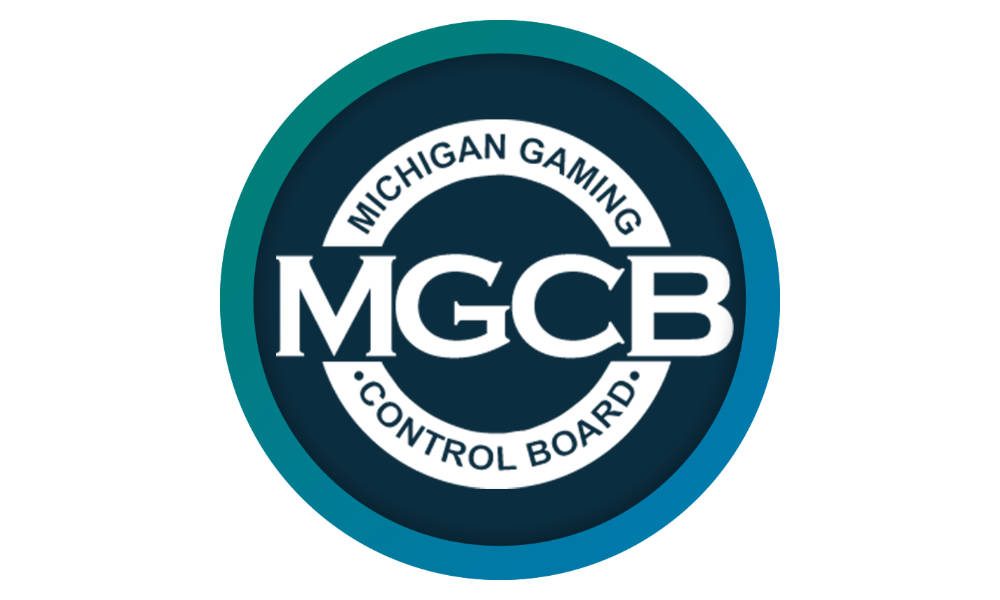The Michigan Gaming Control Board on Wednesday sent cease-and-desist letters to five offshore online casinos for violating state gaming laws by offering a variety of casino games, such as slots, poker, blackjack, keno, bingo, game show games and sports betting.
The unlicensed operators are:
- BetWhale Casino, Curaçao
- Black Lotus Casino, owned by TD Investments Ltd., Belize
- Coins Game Casino, Curaçao
- Love2play Casino, Curaçao and Costa Rica
- Orion Stars 777 Players, Sichuan Province, China
“These illegal platforms not only violate Michigan’s gaming regulations but also put consumers at risk by offering unreliable withdrawal options and lacking essential consumer protections,” MGCB Executive Director Henry Williams said in a statement. “Our top priority is safeguarding Michigan residents by ensuring that all online gaming activities are conducted legally and safely. These operators must stop their activities or face additional legal consequences.”
Investigations revealed that the operators are in violation of multiple state laws, including:
- Lawful Internet Gaming Act: Only licensed casinos can offer online gambling in Michigan. Operators who fail to meet licensing requirements are in breach of the law.
- Michigan Gaming Control and Revenue Act: Operating an unlicensed gambling service is a felony, punishable by up to 10 years in prison, a fine of up to $100,000 or both.
- Michigan Penal Code: Gambling involving consideration, prize and chance is banned under Michigan law. Accepting payments for gambling services tied to uncertain outcomes is illegal.
The statement said that despite offering various payment options like Visa, MasterCard, PayPal and cryptocurrencies, the illegal operators impose strict withdrawal conditions, often requiring players to wager their initial deposits multiple times before they can access their winnings.
The MGCB has given these operators 14 days from the date of receipt of the cease-and-desist letters to halt their illegal activities. If they do not comply, the MGCB will work closely with the Michigan Attorney General’s Office to pursue further legal action.



